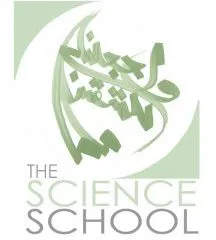Teaching & Learning
- Teaching & Learning
- The Curriculum
- Science at The Science School
- Mathematics
- Design and Technology
- The School Library
- Sport and Outdoor Education
- History, Geography and Civics
- Learning English, Urdu, Arabic and Chinese
- Learning Support
- Religious Education
- Assessment and Standards
- Using ICT for Learning
- Subjects/Short Courses
History, Geography and Civics
History
The Science School uses the contexts of history learning to develop in students a curiosity about knowledge. How do we know what we know? What are the sources of our knowledge, who is writing this story, and how reliable and valid is the story we are told, are some of the questions that learners will learn to ask as they study history texts. Our past, chronological order of events, important people, events, periods, places are some of the fascinating topics students study in history. They learn that history is not just about rote learning of dates and events, but it is a study of mystery, and influence, and impact, a study of puzzles and detective work, that we hope will help to shape a more questioning and reasoned approach.
Geography
Geography at the Science School involves students in a systematic study of their environment and locality using the skills of Geography such as map making, field work, and the use of technology. They investigate how man affects his environment, and how the environment affects our lives. They learn to play a role to develop solutions to problems using their knowledge, skills, and attitudes, in collaboration with their peers in outdoor education as well as in the classroom. Communicating with students in classrooms elsewhere, sharing, and learning, will expand frontiers of knowledge and bring an awareness of other peoples and nations around the world.
Civics
Citizenship concepts, concepts of change, culture and environment, understanding communities, are part of the rich curriculum of People and Society. Students develop an understanding of citizenship and their own role, as well as the role of community, and government in the quality of life in our society.
Comparative studies, case studies, and surveys will be some of the activities that will involve our students in their encounter with The Science School Curriculum. Presenting knowledge in a variety of ways, communicating their investigations, understanding textual as well as oral communication, and developing wide ranging vocabulary, will be an everyday activity.


